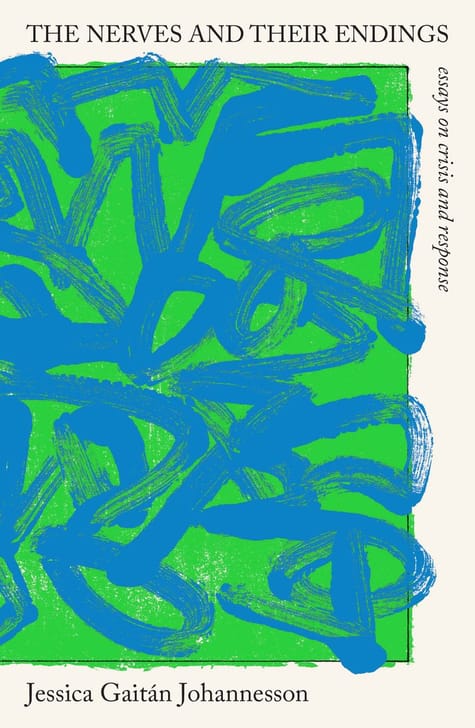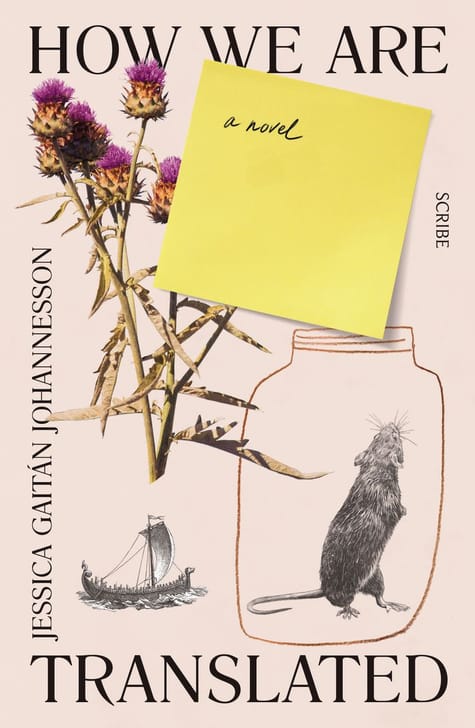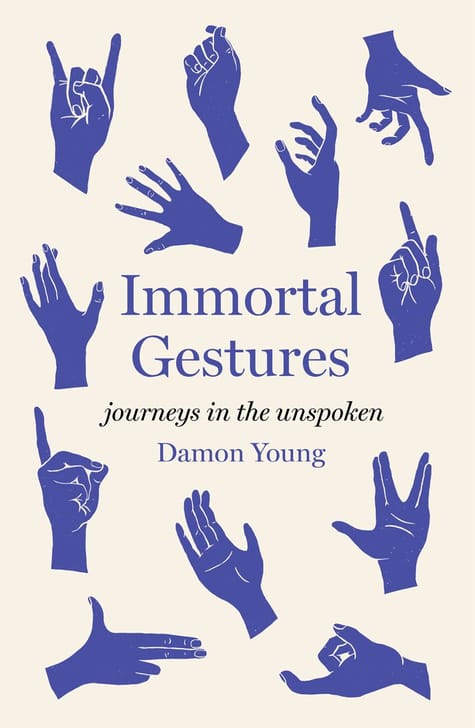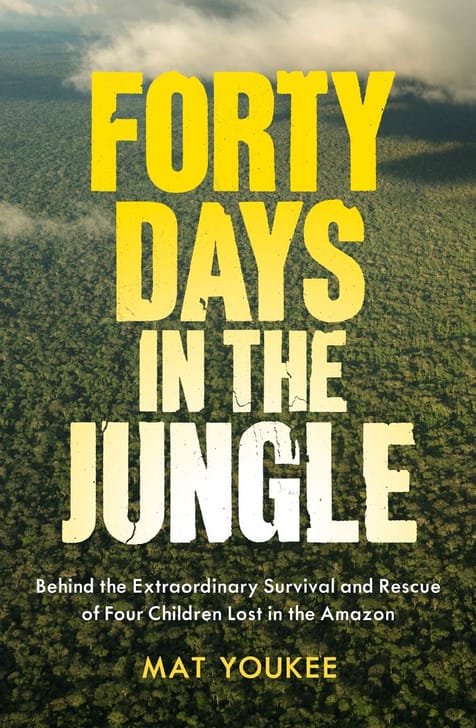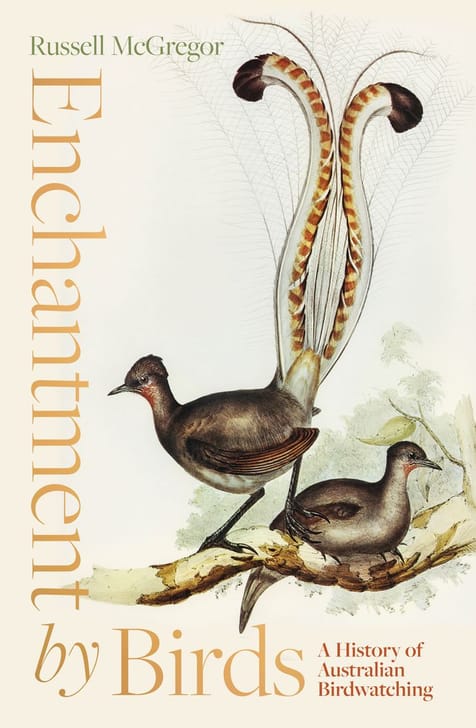The Nerves and Their Endings:
Essays on Crisis and Response
Overview
A timely and arresting collection of essays about the body, climate change, privilege, and environmental neurosis.
In this urgent collection that moves from the personal to the political and back again, writer, activist, and migrant Jessica Gaitán Johannesson explores how we respond to crises.
She draws parallels between an eating disorder and environmental neurosis, examines the perils of an activist movement built on non-parenthood, dissects the privilege of how we talk about hope, and more.
The synapses that spark between these essays connect essential narratives of response and responsibility, community and choice, belonging and bodies. They carry vital signals.
Details
- Format
- Size
- Extent
- ISBN
- RRP
- Pub date
- Rights held
- Paperback
- 5.1in x 7.8in
- 192 pages
- 9781950354597
- USD$15.00
- 7 February 2023
- World English
Categories
Awards
- Shortlisted for the 2023 ABDA Award for Best Designed Non-Fiction Cover
Praise
“The Nerves and Their Endings is a beautifully written, original collection of essays that explores identity, place, home, and hope. These essays ask how we might not only live in a time of climate collapse, but how we might work towards a better future also — one of community, shared understanding, and tenderness, even in the face of such terrible inequality, cruelty, loss, and disaster. This is a book that’s truly necessary for our moment.”
“Jessica Gaitán Johannesson ‘stays with the trouble’ of climate, environmental, and social injustice with a searching honesty. Tangled, raw, and sparking with intelligence, The Nerves and Their Endings shows how the personal and the political, the human body and the earth’s body, are knotted together. As living, feeling, thinking beings our nervous system connects with the world’s systems. When the world is sick, we are too. [Gaitán Johannesson] challenges the tunnel vision of fear-based responses to the multiplying crises of our times, while alert to the unevenness of the suffering caused, the cushioning afforded by privilege, and the responsibility to act that this implies. She asks the hard questions and tackles them with integrity and an open heart. There are no trite answers offered here, rather, an honest exploration of what ‘hope’ might look and feel like in these times, and why we need it in order ‘not to feel responsible but to ably respond’.”
About the Author
Jessica Gaitán Johannesson grew up between Sweden, Colombia, and Ecuador. She’s a bookseller and an activist working for climate justice, and lives in Edinburgh. Her first novel, How We Are Translated, was longlisted for the Desmond Elliott Prize.
